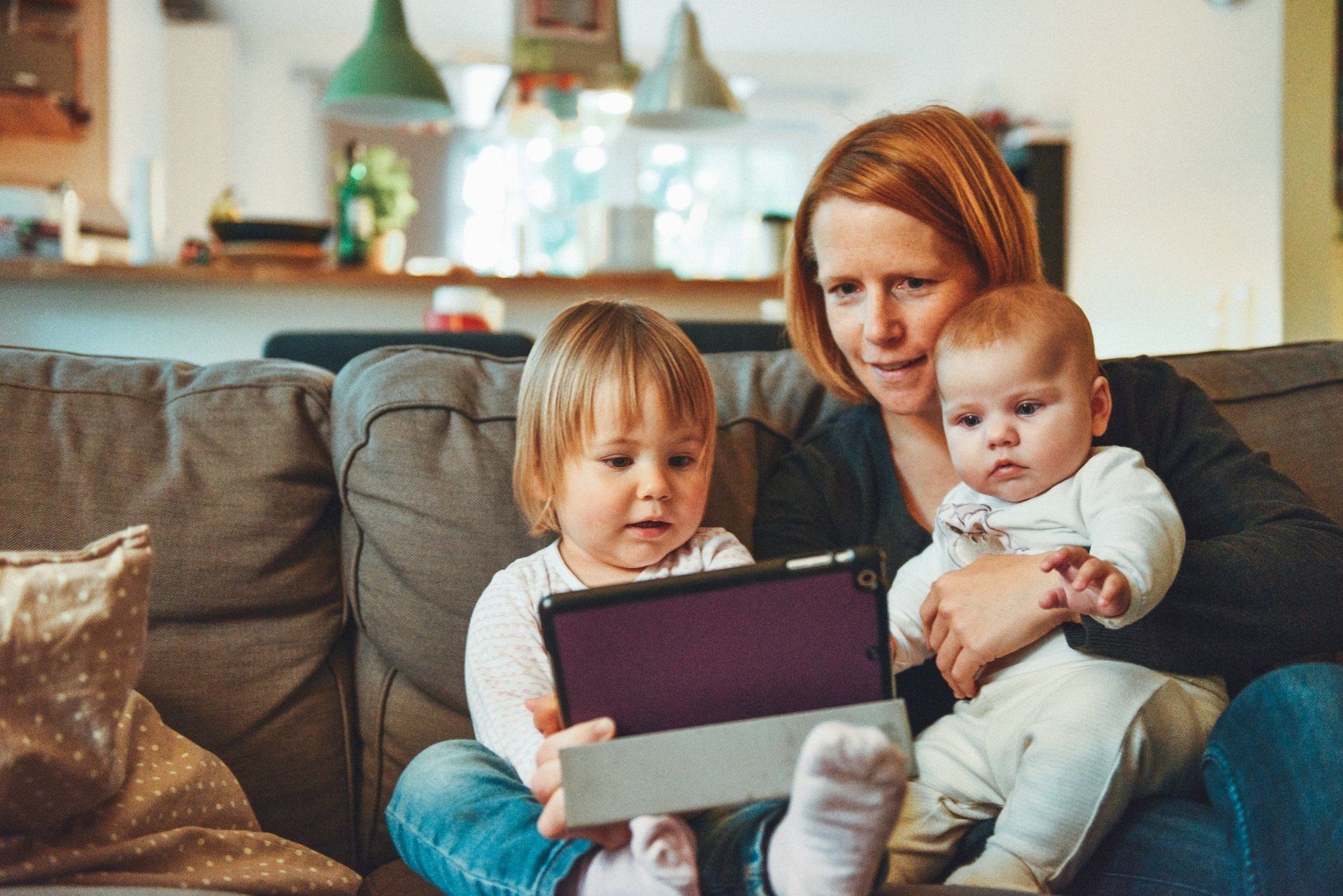In the news

Restoring Relationships After an Argument The tension felt these days are making emotions easy to trigger. Physical distancing leads to depression , anxiety , and sleep disruptions. 1 Reactions to online comments are causing hurtful disagreements. Even with people you care about, you are more likely to force the last word in an argument or you are disengaging after people say things you judge as totally wrong. The ongoing resentment you feel after the argument can damage an important relationship. If you need to work or live with someone, or you enjoyed the friendship in the past, then it is worth doing what you can to restore your positive feelings about the relationship and their sense of connection to you. Choose to regain respect One of the quickest ways to destroy a relationship is to lose respect. Without respect, it is difficult to work with colleagues, honor friendships, or stay in love with your spouse. Feeling contempt or shutting down when you see a person keeps you stuck in a toxic emotional pattern. You pay more attention to the faults of the person and the disappointments of their behavior. You are left feeling callous and cold. You might prefer to justify your reactions than to be the one who takes the higher road. To regain the respect you once had, you first have to consciously and genuinely choose to find your way back. The angrier you are, the harder this will be. The choice is yours. Set a heartfelt intention Before your next conversation with the person, be clear what you want as an outcome. They may feel hurt or angry so you need to keep your intention as the anchor for the conversation. Your intention will keep you on purpose even if they don’t respond as you hope. Even if you wish they would see things differently or act in a new way, your emotional intention should focus on the value of your relationship. Remember how much you care about the person or the importance of the relationship right now. You might need to give them space to reset the relationship without losing your desire to be of service or to strengthen your bond. Your emotional reactions will impact the outcome of the conversation. Before you face the person, find a quiet place to sit and silence your mind. Re-connect with feelings such as gratitude , kindness, compassion, appreciation, and love. Choose one or two of these emotions to replant in your body if you start to lose control when you talk. Share your intention The next time you speak, don’t act as if nothing happened. Immediately acknowledge how you felt about your last interaction while expressing your hope for a more accepting relationship going forward. For example, you might say: “I know we didn’t see eye to eye. Whether you saw it that way or not, I don’t want our disagreement to hurt our relationship. Would you be willing to see what it will take to hit the reset button on our relationship?” If the person you are speaking with reacts defensively, accept their response. If they feel the need to punish you, listen with the intention to restore the relationship you once had. Remember what is important about staying connected. Know the person is doing the best he or she can, working through a difficult moment just like you. These tips should help: Don’t judge or try to stop people from feeling their emotions. Hear them out. Summarize what they tell you to make sure they know you heard what they said. Regulate your reactions. You might find their defensiveness triggers you to feel angry or fearful. If your breathing quickens or stops, take a deep breath into your abdomen and slowly let the breath out. As your brain settles down, choose to be curious about why the person had a negative reaction to your words. Don’t say, “don’t take it personally” or “don’t be so defensive.” You will fortify the person’s negative reactions. Tell the person you are sorry for the misunderstanding but you are hoping to stay positively connected now. Tune in to what they need. Do they need assurance? Do they need to talk about their frustrations without being made wrong? What can you offer to help them feel you appreciate them? Listening for what they need shows you genuinely care. Apologize , or at least admit you don’t always express yourself well and you would like to try again. This doesn’t mean you were wrong. Your humility will soften their defensiveness. If you feel the conversation is getting off track, recall the purpose of the conversation. Remind the person that you care about the relationship and want to have more positive interactions in the future. Ask again if they want this outcome as well and if they are willing to find a way forward together. It is in your power to restore relationships if you choose to. Psychologically connect when you have to distance yourself physically Don't destroy relationships you need even more now because of the psychological effects of physical distancing. Restoring relationships increases your feelings of self-respect as well as your care for others. You replenish a sense of harmony in your world. It takes much more energy to avoid someone than to rediscover what is valuable about the person. Practice reconnecting to bring more peace and meaning into this time of uncertainty.

Writing Supports Healing From Trauma Three therapists and twelve women who are surviving partner or stranger violence, accidental trauma, and rape sit in a wide circle, not too close to each other, on a Tuesday evening. Our class, sponsored by a local non-profit, will present the modalities of meditation , Qi Gong, art therapy , and writing, in the service of healing from trauma. When it’s my turn to introduce writing, several women protest: “I have no privacy. No way I can write anything honest.” “Why would I write that $@&%!! I’m living it, isn’t that enough?” “I’ve never been a journal writer.” I explain the physical and mental health benefits of writing about difficult life experiences, drawing on the research of Pennebaker and Smyth (2016.) While all the women in the group also work with an individual counselor, I encourage them to write during this group, saying “Sometimes you are your own best counselor. Give writing a try, and see whether this is one of the modalities that you find helpful.” Next week, Katie* brings her journal. “OK, you asked for it,” she warns. Reading aloud, Katie describes her rape with vivid, sensory, emotional language. The participants sit in silence for a while before responding. At the end of the session I suggest that she write using one or more of several approaches; help she wishes she could have called on, what she is learning about her resilience and toughness, or an alternate ending that interrupts the violence. She chooses the alternate ending. When Katie reads the new ending a few weeks later, she sits in silence then says, “I am going to give that ending more time in my imagination .” Writing Through Grief Not everyone wants to write after experiencing the loss of a beloved other. We seem to benefit from writing if we have sought bereavement or other counseling. Traumatic or complicated grieving presents an ideal opportunity for writing to process loss. Attachment style makes a difference. When the purpose of writing is to process the permanent loss of a beloved other, writing can heal the gaping identity wound of a loss. I experienced four family deaths in a short period of time. When my younger sister died suddenly of brain cancer in 2004, as a long-time journal-writer I naturally began to write as a way to seek meaning and solace. With no thought of publishing this writing, I explored my obsession with my sister’s belongings, our sister relationship, my anguish at not knowing how I would restructure my identity after the loss of my best friend and confidant, dreams that arose in which my sister and parents, who had also died, appeared, and imaginary dialogues with my family members. When my sister’s colleagues asked me to write her biography to give background to an academic journal honoring her work as a communication professor, I eagerly searched my memory for stories that illuminated her younger years and later academic writing. In the process of writing, my own shattered heart began to mend. This year my book-length memoir, with stories of loss and resilience, will be published. While I did not begin with the idea of writing for others, I experience satisfaction in detailing my individual response to grief and healing. Benefits of Writing Across many experiments, people experience a positive effect from employing expressive writing to cope with difficult life experiences. Even though a traumatic or grievous experience comes crashing into one’s life unbidden, through writing, one can shape and explore the difficulty. Writing takes time. Taking time to write of one’s own life experience provides a way to respect, hone and understand the trauma or loss. We dignify our lives by taking seriously, in writing, the unwanted experience. We can make meaning of tragedy. Simply writing emotively, without telling a story, is not effective. Creating a narrative helps one write with authority in the face of unwanted change. What Writing Formats Bring Relief? People respond differently to trauma and grief. Some will journal, write personal essays honoring someone, explore imaginary dialogues, or write letters to the departed. All these forms of writing help create healing continuing bonds with the lost person. The sense of self disrupted by trauma begins to mend.
Let's Talk
The first step in therapy is talking. Let's find a time where we can meet and talk about what's on your mind.




